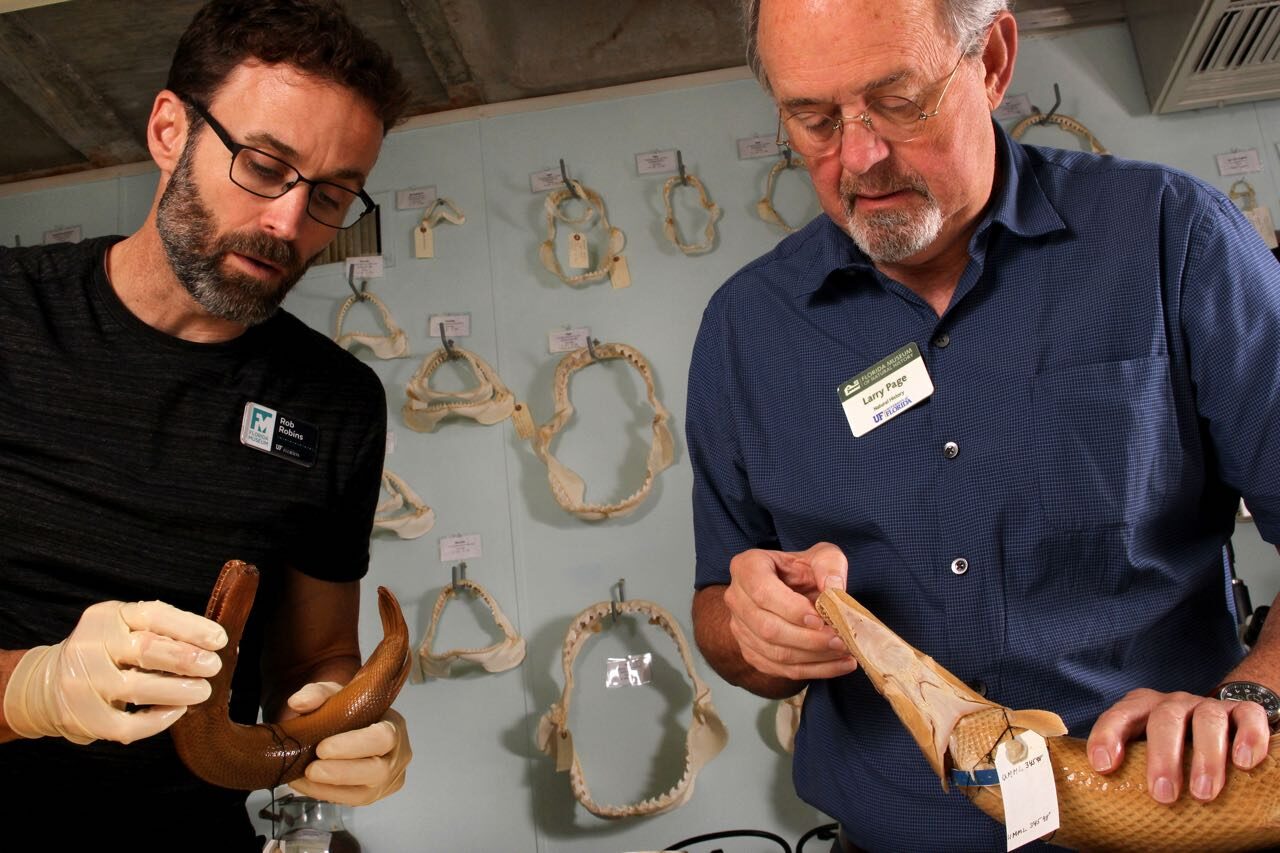The American Institute of Biological Sciences (AIBS) and the USA Nagoya Protocol Action Group (USANPAG) are working with a number of member and sibling societies to raise awareness about policies that guide how we share and benefit from the study of biodiversity and sequence data. NSC Alliance is actively involved in the planning of these workshops and encourages our members to get engaged in international discussions about this topic, as there are meetings coming up next year that may change the current policies.
Organized by: USA Nagoya Protocol Action Group (USANPAG) & American Institute of Biological Sciences (AIBS)
Supported by: The National Science Foundation (NSF)
Dates: Fall 2021 (Dates to be determined)
Location: Online
Here’s some background. Parties to the United Nations Convention on Biological Diversity (CBD) and the Nagoya Protocol on Access to Genetic Resources and the Fair and Equitable Sharing of Benefits Arising from their Utilization (the Nagoya Protocol) will consider whether the access and benefit sharing (ABS) framework should be expanded to regulate Digital Sequence Information (DSI), in addition to the physical biological resources they were set up to address, at the next CBD Conference of the Parties to be held in 2022. Although the definition and scope of the term “DSI” are still not agreed upon by the parties, the most common understanding of DSI encompasses the sequences found in DNA, RNA, and peptides, including those found in open databases (e.g., GenBank). As proposed, the expansion of ABS under the Nagoya Protocol to include DSI could dramatically impact scientific research by placing limitations on scientists’ abilities to share, publish, and freely use genetic sequence data derived from genetic resources with origins outside of their home country.
With support from NSF, AIBS and USANPAG group of scientific researchers and biological collections managers and curators who represent U.S. and international scientific societies and inform membership about requirements of the Nagoya Protocol are organizing an international workshop series this fall that will explore how the international scientific community can study biodiversity in the changing landscape of international policy. The virtual series will consist of six separate thematic modules, each featuring presentations from a team of transboundary, international scientists who have engaged in international research collaborations:
- Phylogenetics, genome evolution, taxonomy
- Applied ecology and infectious disease
- Crop and livestock research and improvement, vertebrate genetic rescue
- Anthropology, ethnobiology and paleobiology
- Evo-Devo, bioengineering and synthetic biology
- Macrosystems and international long term ecological research (LTERs)
The details are still a work in progress. But please sign up to receive the latest information and updates about these events at http://io.aibs.org/nagoya.

